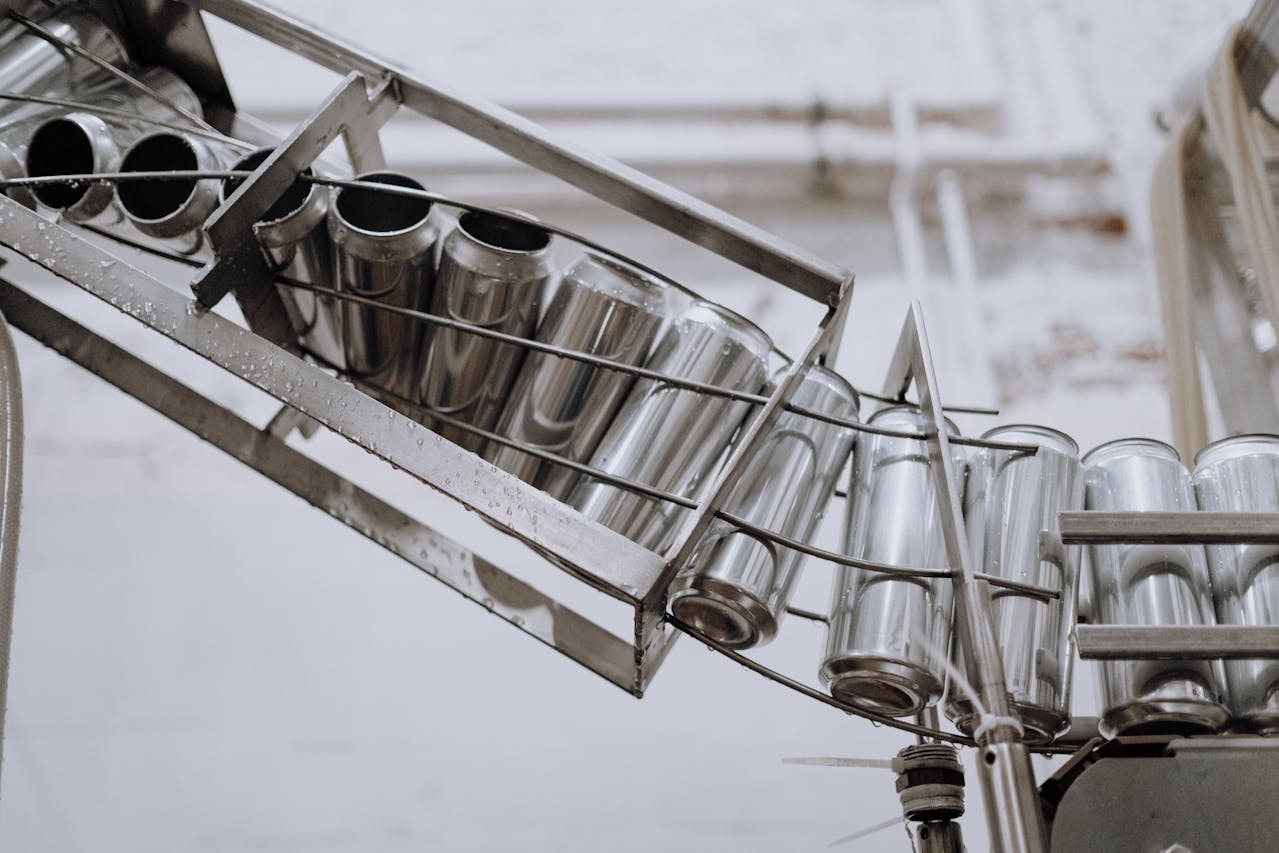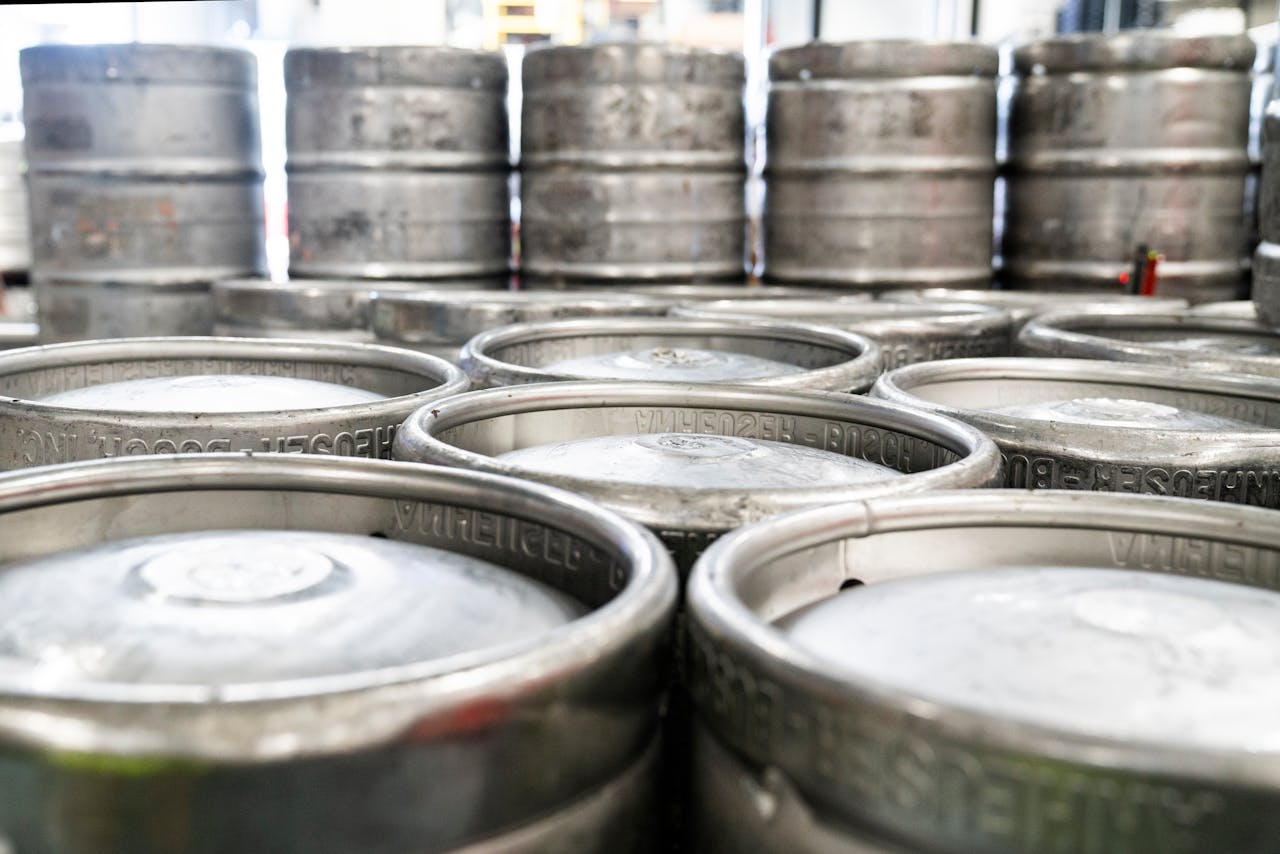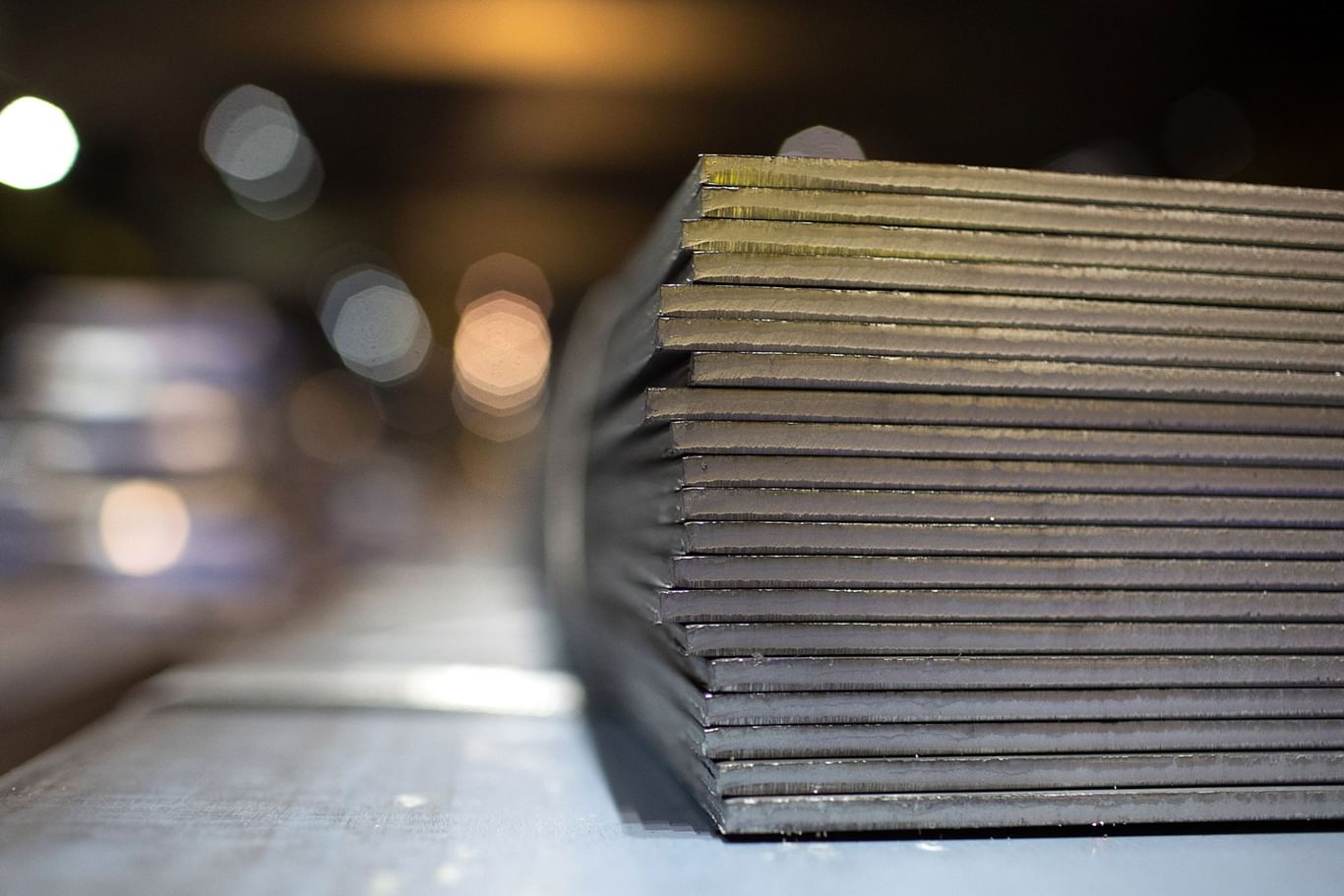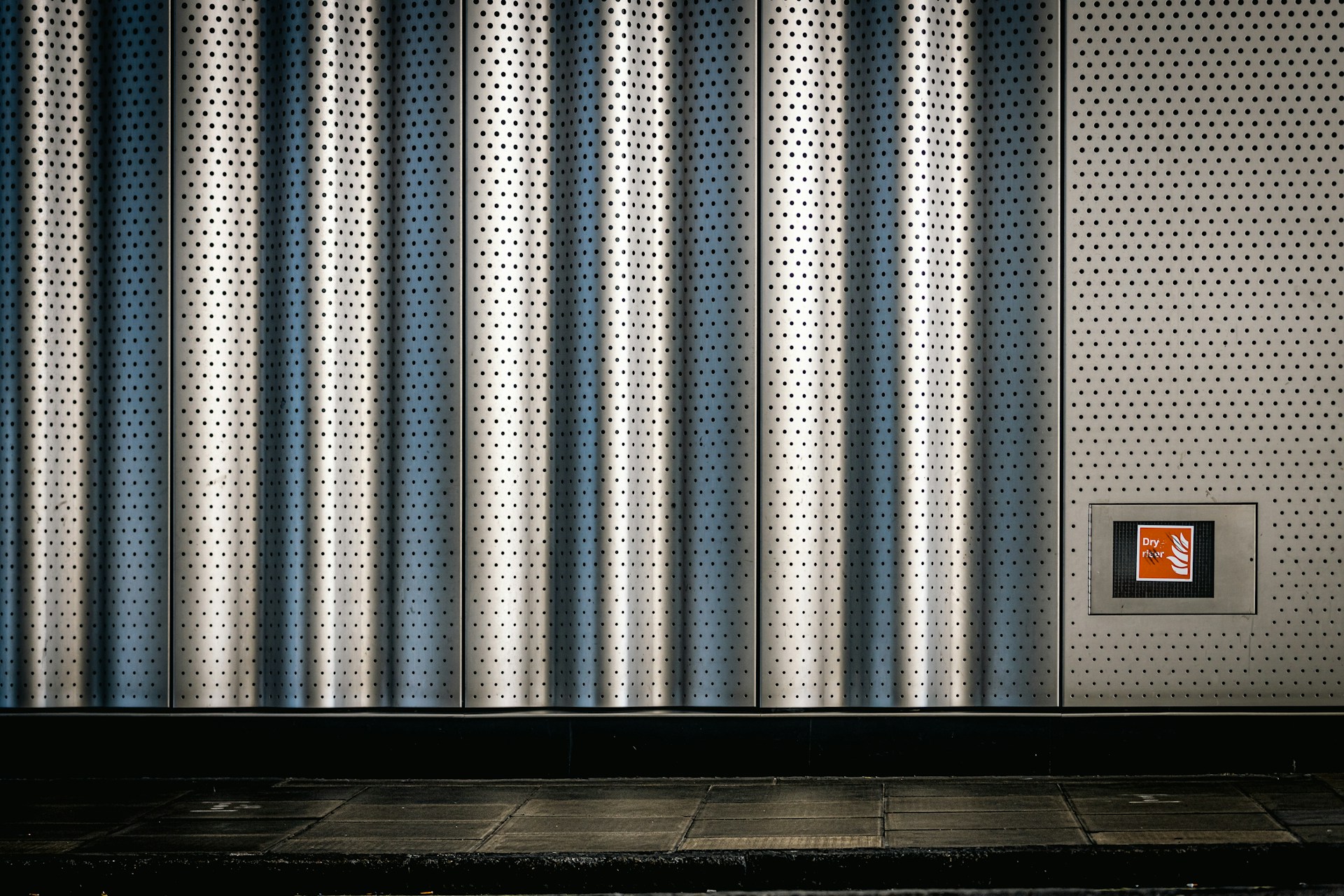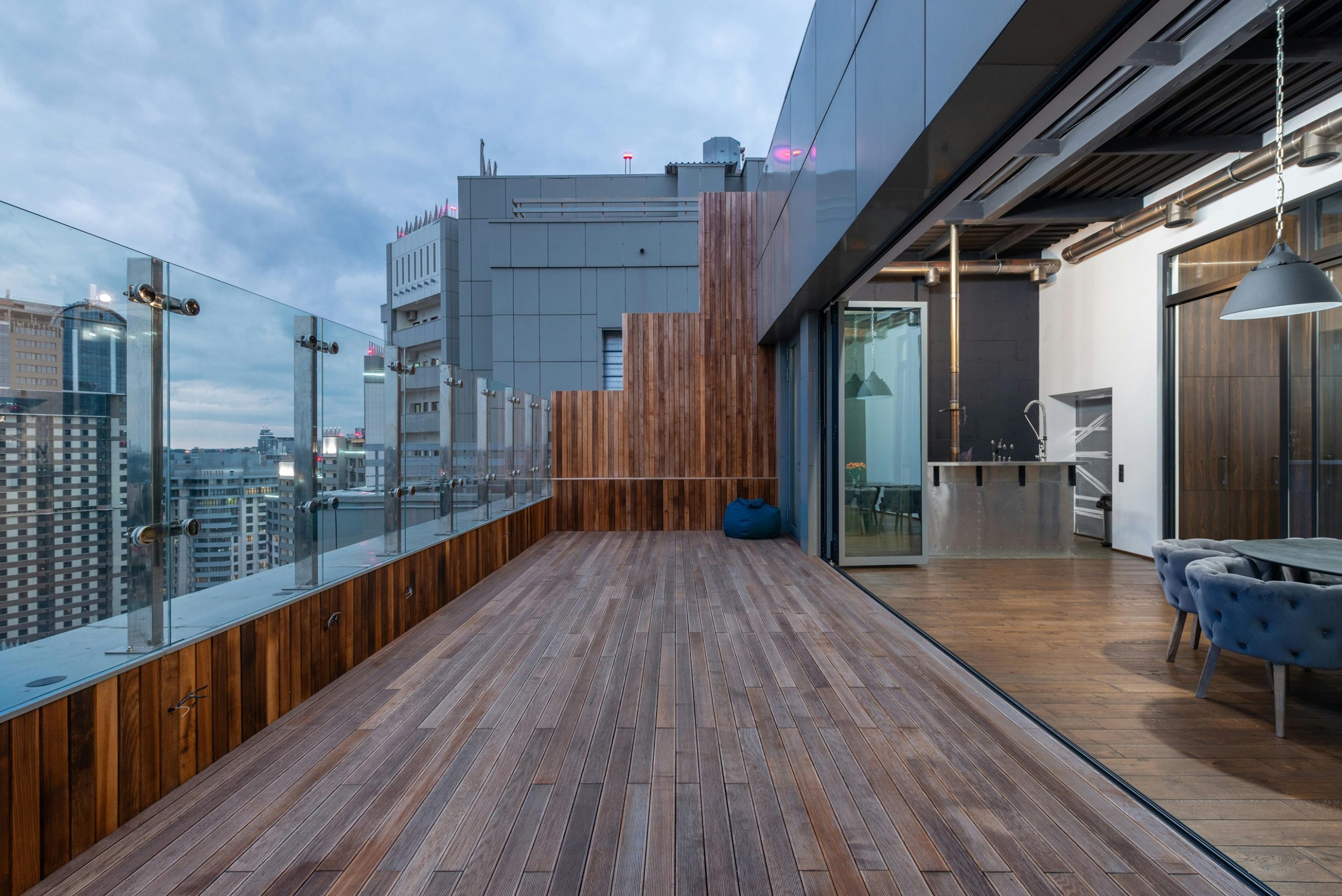Everything You Should Know About Why Stainless Steel Does Not Corrode
September 12, 2025
Stainless steel is known for its shiny surface and impressive corrosion resistance. The alloy is commonly used in everything from kitchen utensils to architectural structures. However, there are always questions like “Does stainless steel corrode?” and “Can stainless steel corrode?”. This article aims to shed light on these questions and explore the nature of stainless steel, its composition, and why stainless steel does not corrode.
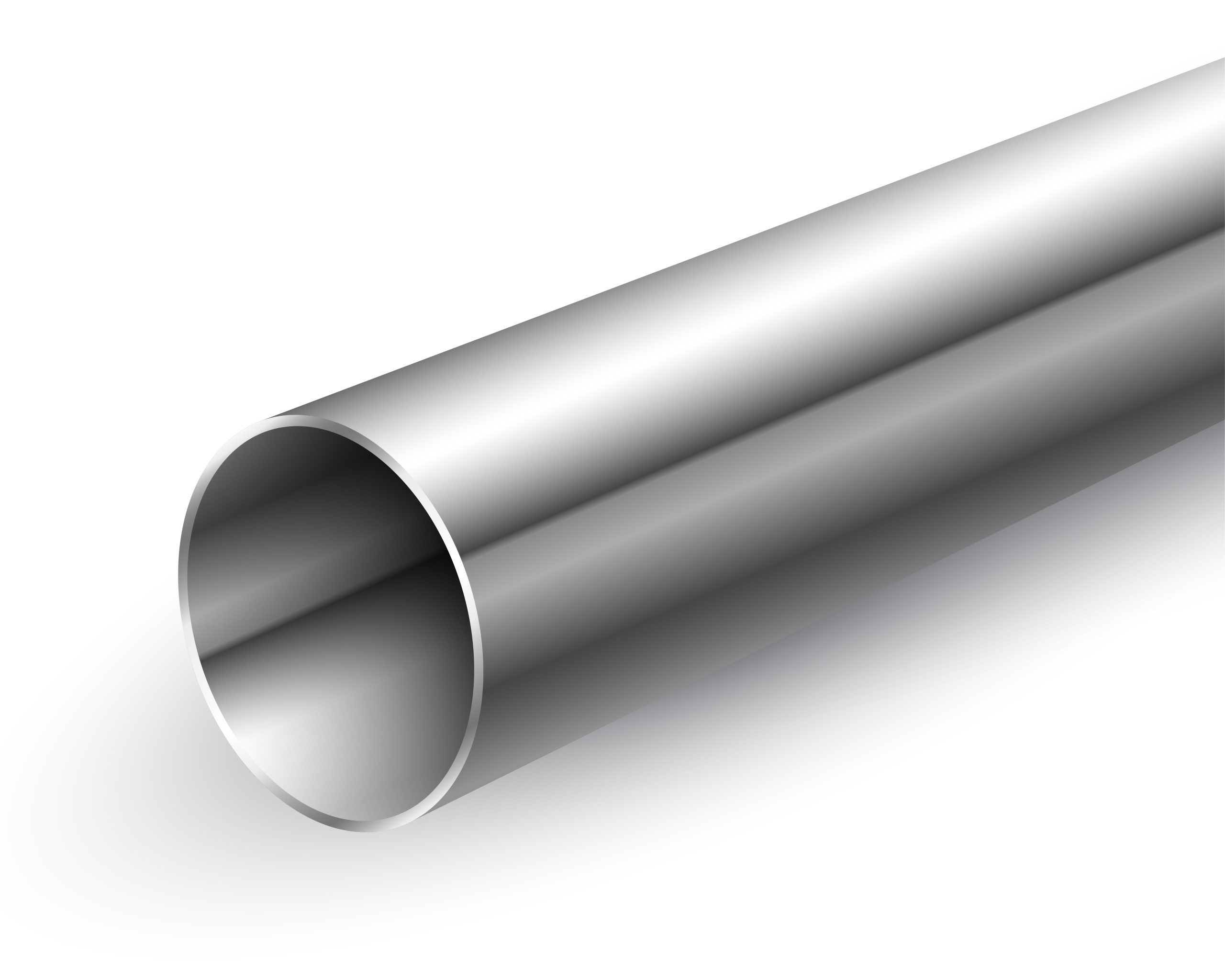
What is Stainless Steel?
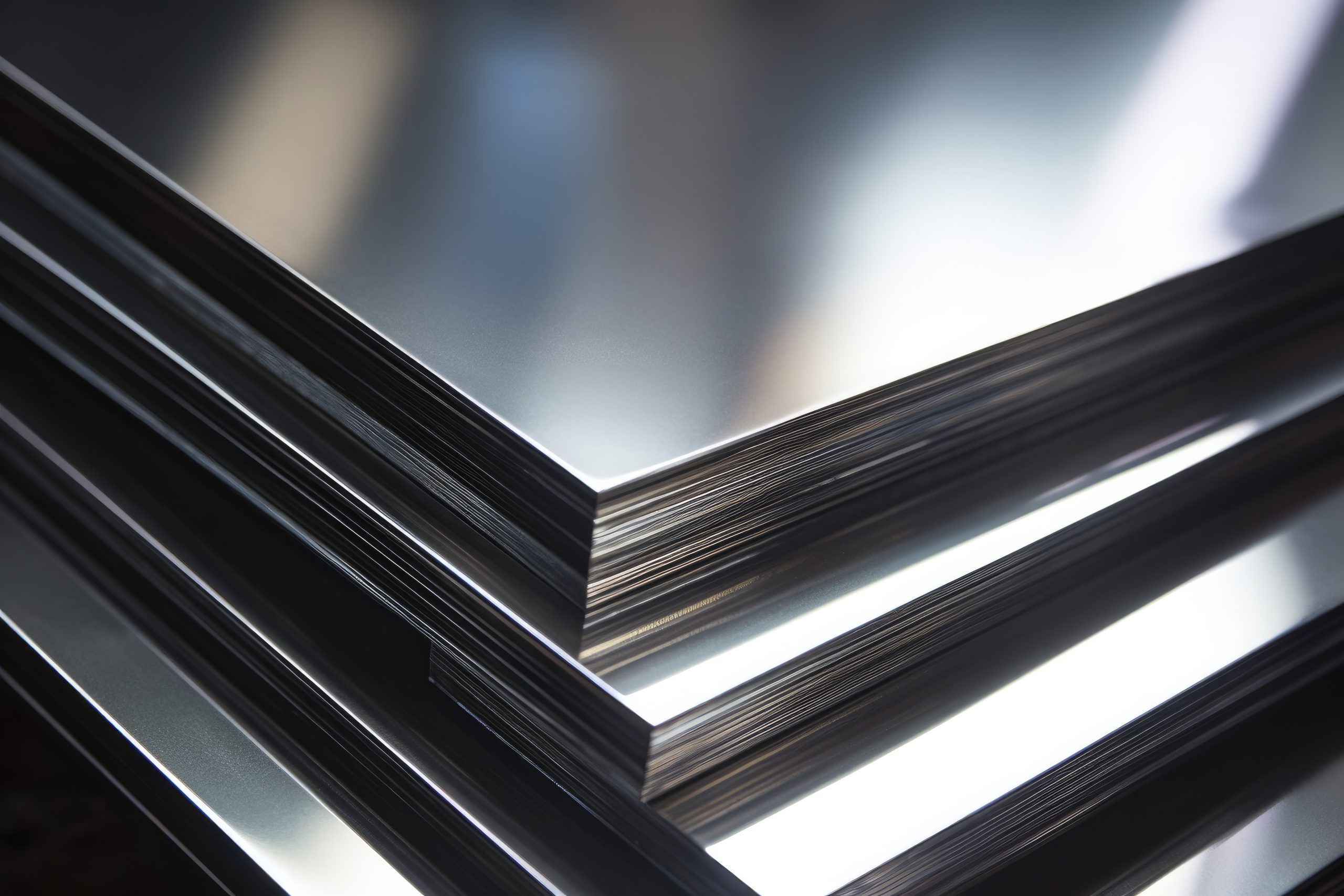
Stainless steel is an iron-based alloy containing a minimum of 10.5% chromium, along with other elements like nickel, manganese, and carbon. The key to its corrosion resistance is the addition of chromium, which, when exposed to oxygen, forms a thin, stable film on the alloy’s surface that prevents further surface corrosion and blocks corrosion from spreading to its internal structure.
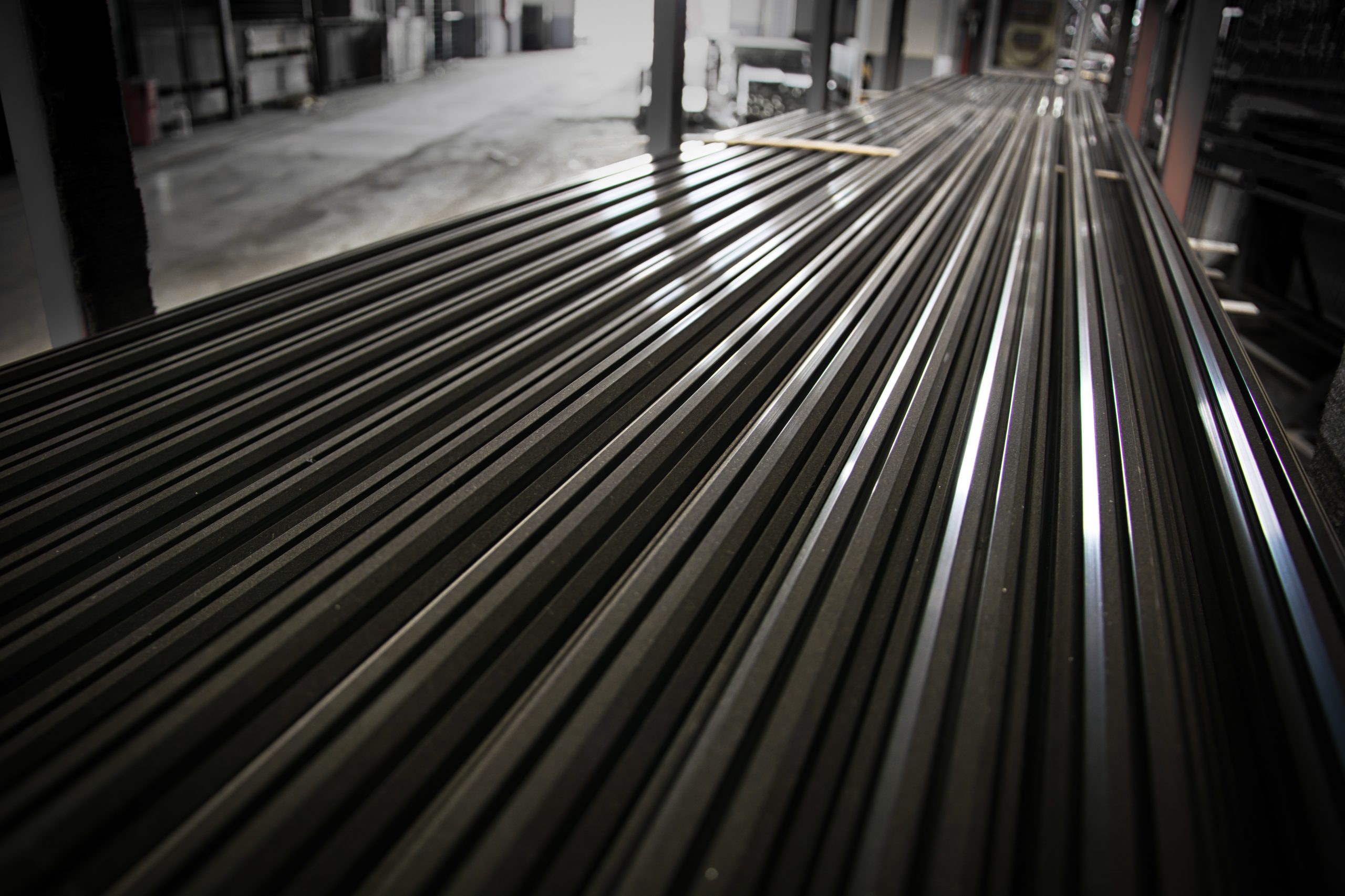
Why Doesn’t Stainless Steel Corrode?
After having an understanding of what stainless steel is, let’s have a look at why it does not corrode:
1. The Chromium Layer
Stainless steel doesn’t corrode because it contains chromium. When chromium comes into contact with oxygen in the air, it forms a thin, invisible layer called chromium oxide. This layer acts like a shield, protecting the stainless steel underneath from water, air, and other elements that cause corrosion or stainless steel rust. This protective barrier keeps the stainless steel strong and long-lasting, making stainless steel an ideal material for many uses.
2. Passive Layer Protection
Stainless steel has another way of staying corrosion-free, called passive layer protection. This means that even if the surface gets scratched or damaged, the protective layer quickly fixes itself. The chromium in the stainless steel reacts with air again to form a new shield, keeping the stainless steel safe from corrosion. This self-repairing feature is one of the main reasons stainless steel does not corrode easily in everyday situations.
3. Resistance to Environmental Factors
So, does stainless steel corrode in the toughest of environments? The alloy can withstand high humidity, marine areas, and exposure to certain chemicals. Its resilience makes it an ideal material for use in a wide range of settings.
Understanding Grades of Stainless Steel
Not all types of stainless steel are created equal. Different grades offer different levels of corrosion resistance, based on their chemical makeup. For example:
- 304 stainless steel is great for general use and kitchen equipment.
- 316 stainless steel with added molybdenum provides enhanced corrosion resistance for marine and chemical environments.
Choosing the right grade based on the application is key to ensuring long-term durability and performance.
Debunking Myths About Stainless Steel Corrosion
Let’s have a look at some of the common myths and the reality that most of us aren’t aware of:
Myth 1: Stainless Steel is Maintenance-Free
Reality: While stainless steel is low maintenance, it’s not completely maintenance-free. In aggressive environments, regular cleaning is essential to avoid surface contamination or localised corrosion like pitting.
Myth 2: Stainless Steel Never Rusts
Reality: Under extreme conditions, such as prolonged exposure to saltwater or industrial chemicals, even stainless steel can show signs of corrosion, especially if the wrong grade is used.
Myth 3: All Stainless Steel is the Same
Reality: Grades vary widely in strength, corrosion resistance, and intended use. It’s crucial to match the grade to the specific demands of your project or product.
Final Words: Strength That Shines
Stainless steel resists corrosion because of its unique ability to form a protective self-healing chromium oxide layer. This makes it a trusted material for everything, from cookware to coastal architecture. But even stainless steel isn’t invincible, choosing the right grade and ensuring proper care is key to unlocking its full potential. When used wisely, stainless steel doesn’t just last, it shines.

